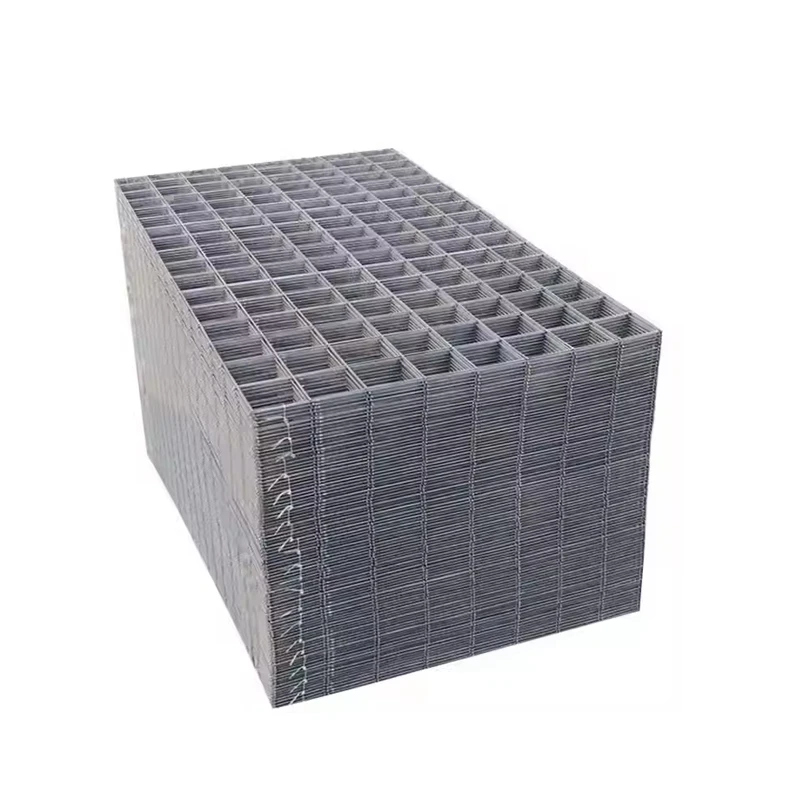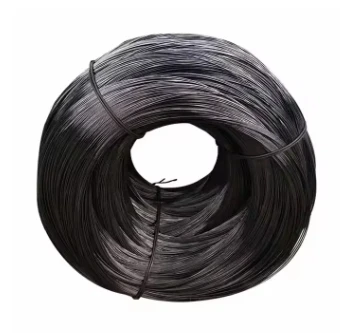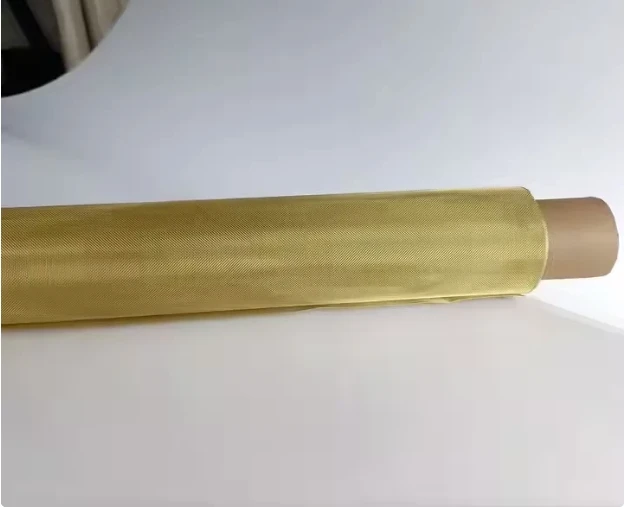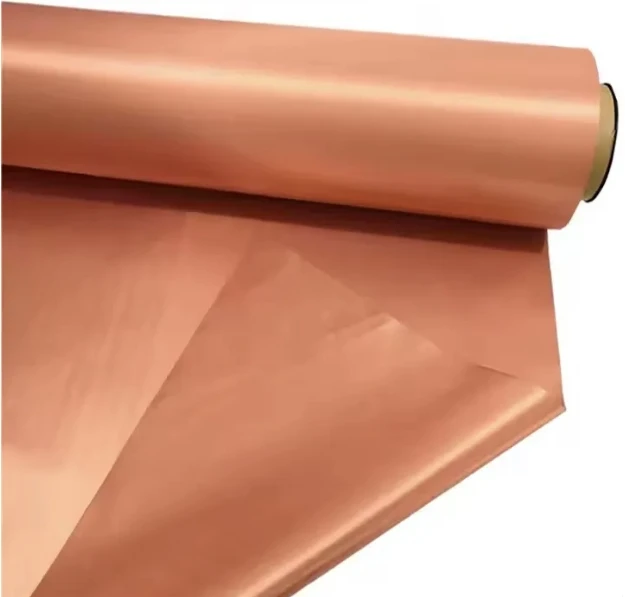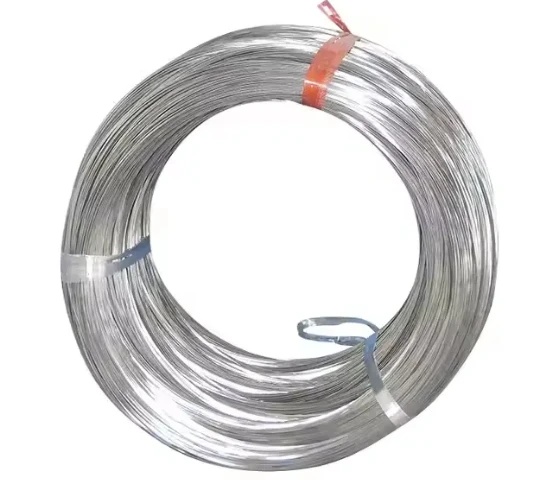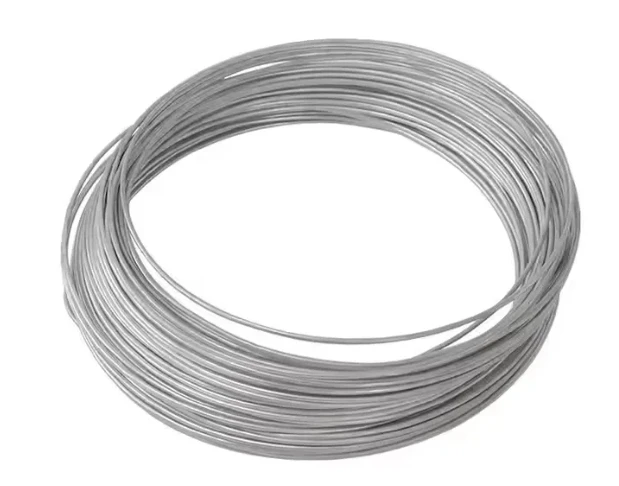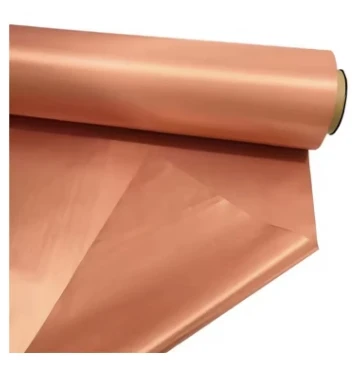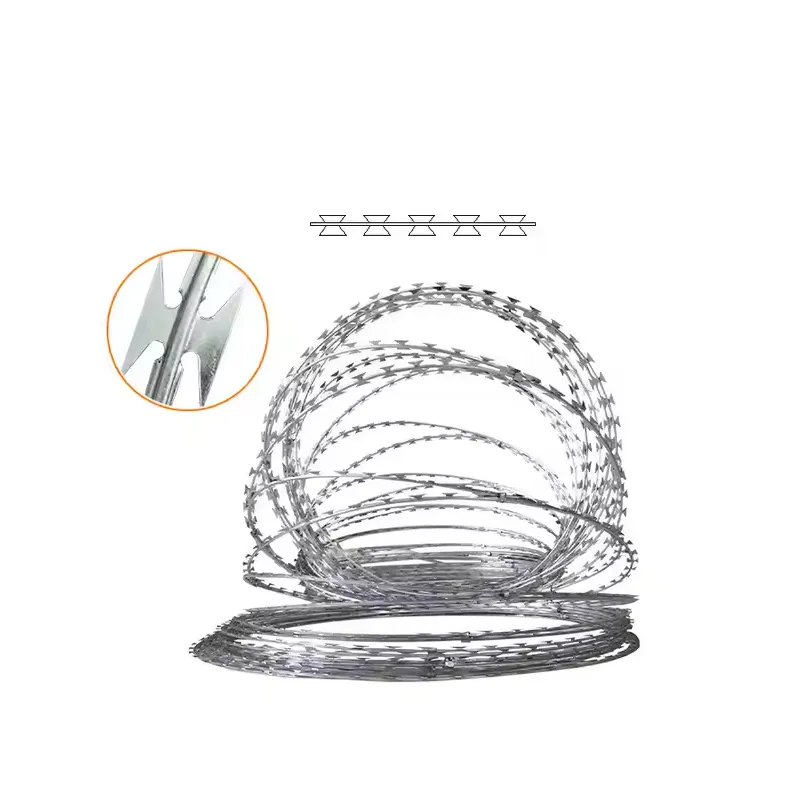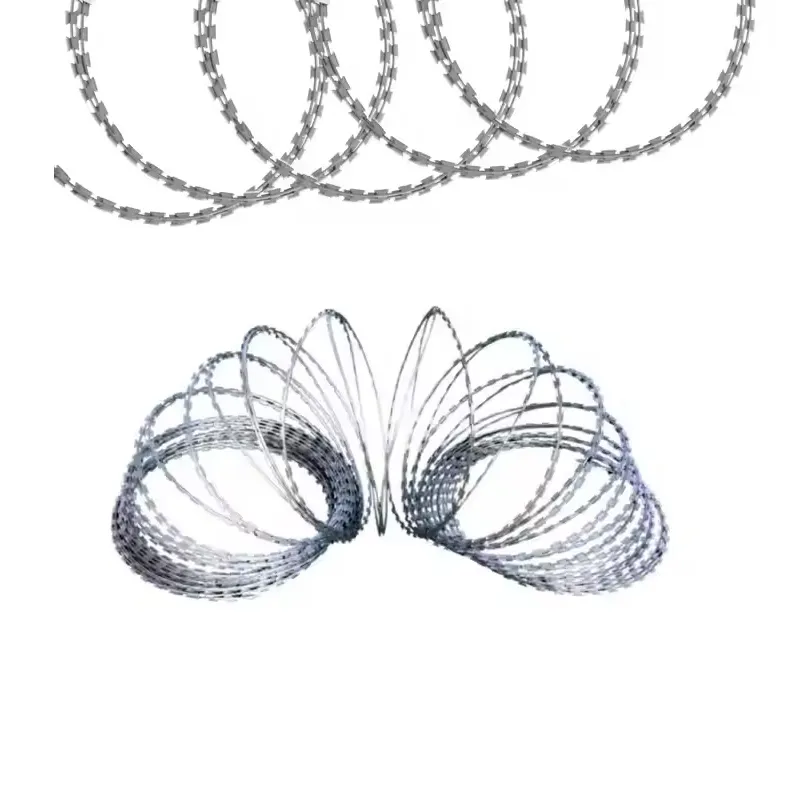1.5mm Brass Wire High Conductivity, Durable & Corrosion-Resistant
mei . 07, 2025 15:40
- Technical Advantages of 1.5 mm Brass Wire in Industrial Applications
- Performance Comparison: Brass vs. Alternative Metal Wires
- Manufacturer Benchmarking: Key Metrics Analysis
- Customization Options for Specialized Applications
- Case Study: Energy Efficiency Improvements in Automotive Wiring
- Quality Assurance and Compliance Standards
- Future-Proofing Projects with 1.5 mm Brass Wire Solutions

(1.5 mm brass wire)
Understanding the Versatility of 1.5 mm Brass Wire in Modern Applications
Brass wire with 1.5 mm diameter has become indispensable across multiple industries due to its unique combination of electrical conductivity (28-34% IACS) and mechanical resilience. Engineered from copper-zinc alloys (typically CuZn30 or CuZn37), this dimensionally precise product demonstrates 15% higher fatigue resistance than standard copper wires while maintaining 90% of pure copper's conductivity. Recent industry data reveals a 12.7% annual growth in demand for brass electrical wire since 2021, driven by automotive electrification and renewable energy projects.
Material Performance Breakdown
| Property | 1.5 mm Brass | Copper | Aluminum |
|---|---|---|---|
| Conductivity (% IACS) | 28-34 | 100 | 61 |
| Tensile Strength (MPa) | 450-600 | 210-340 | 110-170 |
| Corrosion Resistance | Excellent | Good | Moderate |
| Cost per Meter (USD) | $0.18-0.25 | $0.35-0.50 | $0.10-0.15 |
Industry Leader Comparison
Top manufacturers demonstrate significant variations in brass metal wire production:
| Vendor | Dimensional Tolerance | Batch Consistency | Lead Time |
|---|---|---|---|
| Supplier A | ±0.02 mm | 98.5% | 14 days |
| Supplier B | ±0.03 mm | 97.1% | 21 days |
| Supplier C | ±0.015 mm | 99.2% | 10 days |
Application-Specific Engineering
Advanced customization enables brass copper wire optimization for:
- High-frequency applications: Zn content reduced to 15%
- Marine environments: Triple-layer polymer coating
- Thermal management: Hollow-core wire designs
Real-World Implementation
A Tier 1 automotive supplier achieved 23% weight reduction in harness systems by switching to 1.5 mm brass wire
from traditional 2.0 mm copper cables, maintaining 94% conductivity while improving vibration resistance by 40%.
Compliance and Certification
Premium brass electrical wire meets:
- ASTM B134 (Mechanical Requirements)
- IEC 60228 (Conductivity Standards)
- RoHS 3 (Environmental Compliance)
Strategic Advantages of 1.5 mm Brass Wire Solutions
With 78% of surveyed engineers specifying brass metal wire for new projects in 2024, the 1.5 mm variant proves crucial for balancing performance and cost. Advanced annealing techniques now enable tensile strengths up to 620 MPa while maintaining 30% IACS conductivity - a 17% improvement over 2020 benchmarks.

(1.5 mm brass wire)
FAQS on 1.5 mm brass wire
Q: What are the common uses for 1.5 mm brass wire?
A: 1.5 mm brass wire is widely used in crafting, electrical projects, and jewelry due to its durability and conductivity. It’s also suitable for model-making and small mechanical repairs. Its corrosion resistance makes it ideal for indoor and outdoor applications.
Q: How does brass copper wire differ from pure copper wire?
A: Brass copper wire is an alloy of copper and zinc, offering greater strength and corrosion resistance than pure copper. However, pure copper has higher electrical conductivity. Brass is often chosen for applications requiring both conductivity and structural durability.
Q: Is 1.5 mm brass electrical wire suitable for low-voltage projects?
A: Yes, 1.5 mm brass electrical wire works well for low-voltage circuits, such as DIY electronics or small-scale wiring. Its conductivity and flexibility make it easy to handle. Ensure it meets specific voltage ratings for safety.
Q: Can brass metal wire withstand outdoor environments?
A: Brass metal wire resists corrosion better than many metals, making it suitable for outdoor use. However, prolonged exposure to moisture or salt may cause tarnishing. Protective coatings can enhance its longevity in harsh conditions.
Q: What makes 1.5 mm brass wire ideal for jewelry making?
A: Its small diameter and malleability allow intricate designs without breaking. Brass’s gold-like appearance adds aesthetic appeal. It’s also cost-effective compared to precious metals like gold or silver.
Related Products
Related News







